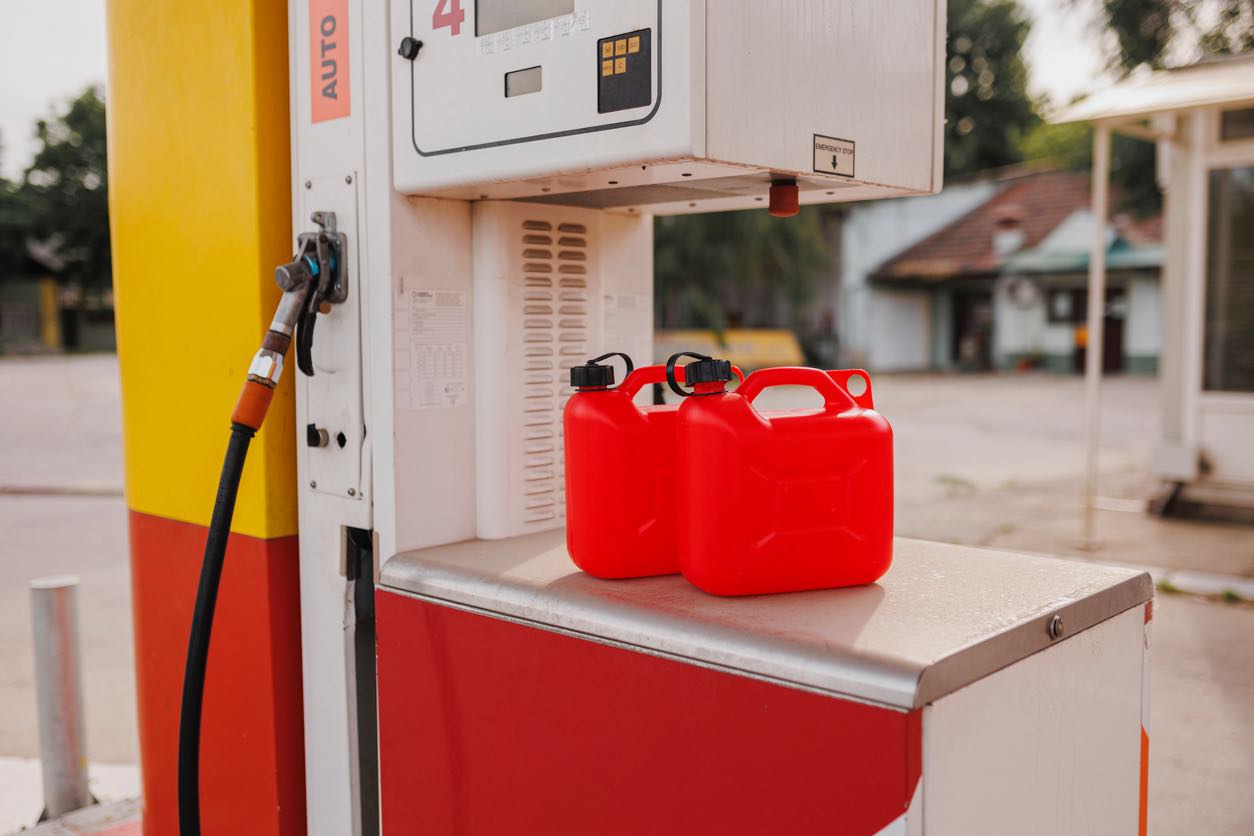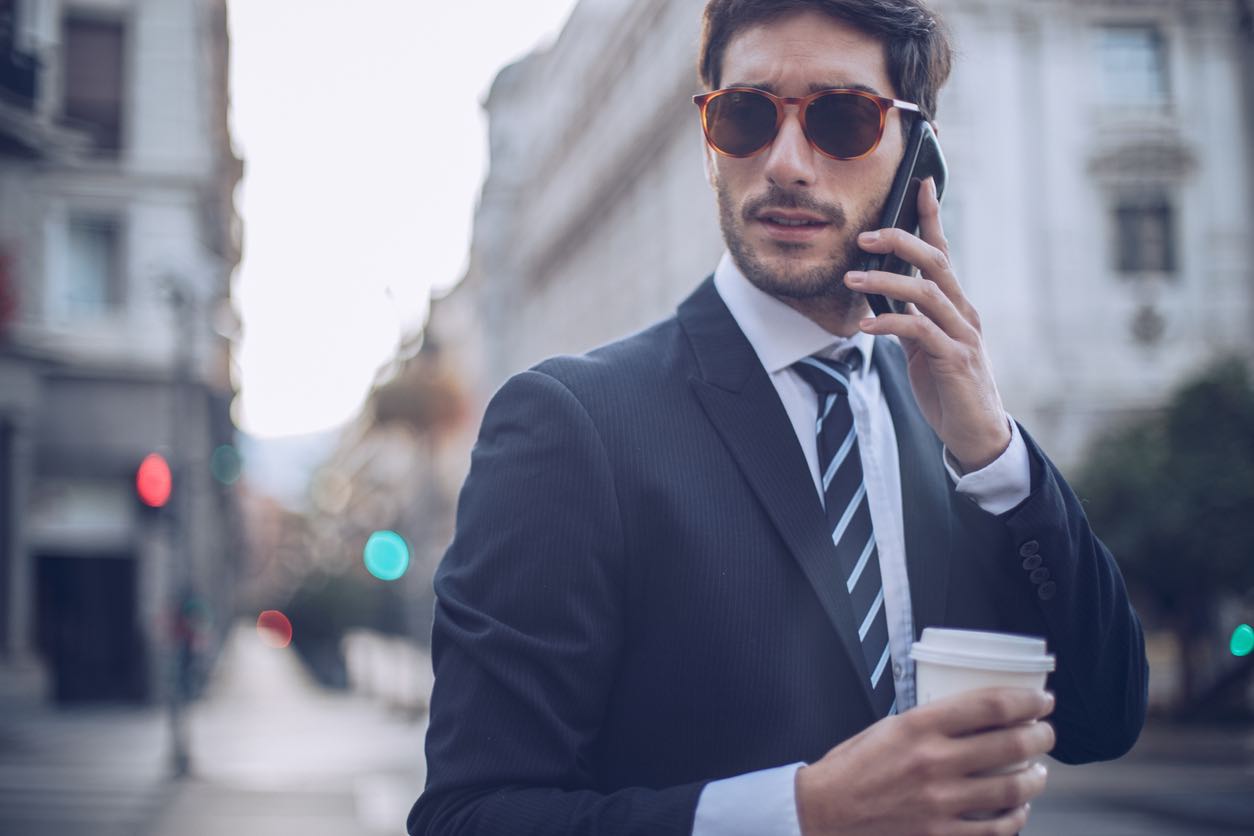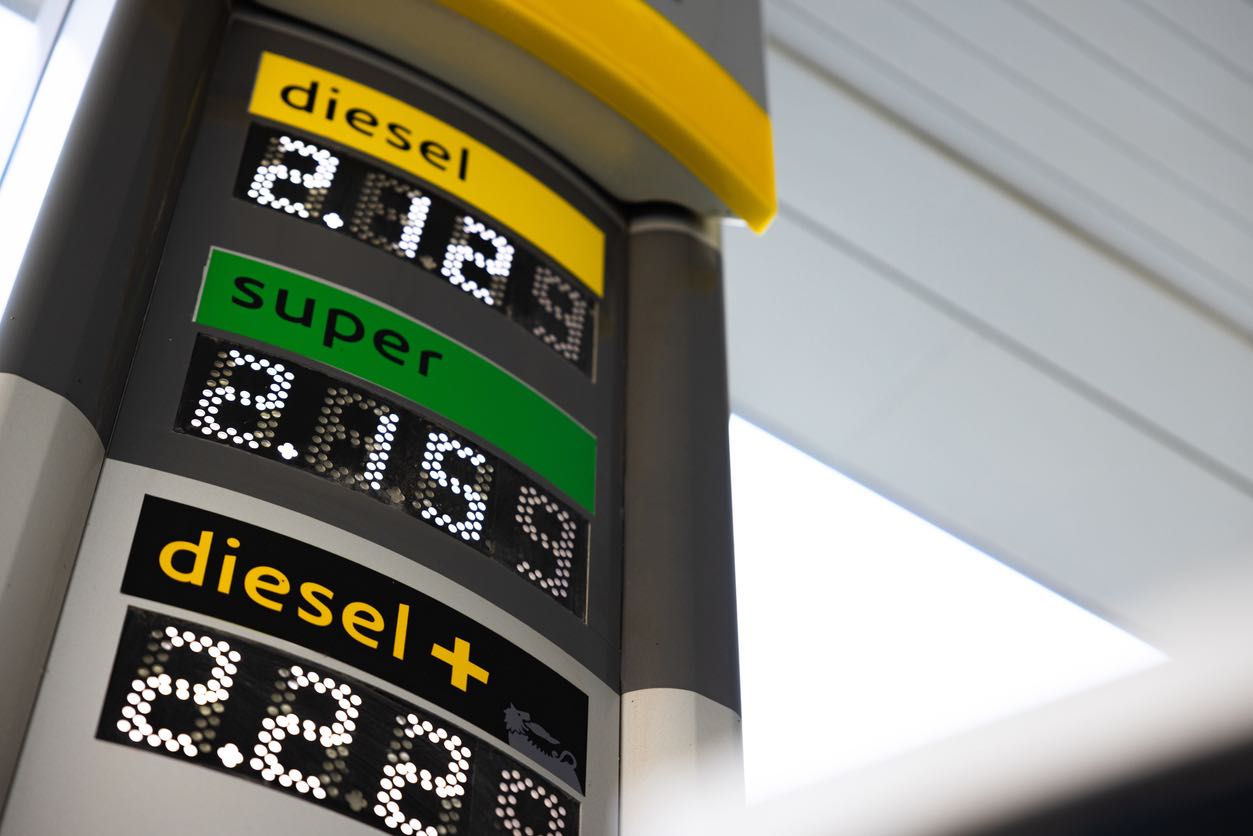The energy industry has been beset with problems in recent years, and at the center of it all is the diesel market in the United States, which is teetering on the brink of a significant crisis. Understanding the complexities of the diesel market is becoming more and more important as the global dynamics continue to shift and as geopolitical decisions continue to influence the availability of resources. This article takes a comprehensive look at the factors that are contributing to the impending diesel shortage, the role of major global players such as OPEC+, and the potential repercussions for the typical consumer in the United States. As winter draws closer, there will be an increase in the need for diesel, particularly for the purpose of heating, which will cause the current situation to become even more urgent.
However, things aren’t as bad as they seem to be at first glance. In the face of these challenges, some of the most well-established companies in the industry are rising to the occasion and offering solutions and alternatives. Ship A Car, Inc., a company that has repeatedly demonstrated its resilience in the face of adversity, is a shining example of this type of beacon in the transportation industry. It is essential that we are equipped with accurate information, that we understand the broader implications, and that we recognize the industry leaders steering us towards a brighter future as we navigate the complexities of the diesel dilemma. Dive in and try to get as much information as you can about the current state of diesel and the path it will take in the future.

Recent developments in the diesel industry are one of the few signals that have been as cause for concern in the constantly shifting energy landscape. It is abundantly clear that the diesel industry is undergoing a significant transformation as a result of rising prices and the emergence of a tangible concern regarding scarcity. The purpose of this section is to provide readers with a comprehensive understanding of the challenges and potential solutions by shedding light on the current pricing anomalies and the broader global implications.
- The Current Pricing Scenario: The pricing situation on the diesel market is currently unstable. It is anticipated that this crisis will become more severe as a result of a lack of a particular type of crude that is necessary for the production of diesel.
- The Global Impact: The diesel market has been exhibiting signs of scarcity for a while. When measured against crude, the cost of the fuel has been significantly higher than usual for the time of year. This trend can be seen not only in the US but also in Asia and northwest Europe.
The current trajectory of the diesel market is evidence of the complex interactions between supply, demand, and geopolitical factors. Understanding the underlying causes and potential solutions becomes essential as consumers and industry stakeholders struggle with these issues. To ensure that readers are well equipped to navigate the changing diesel landscape, this section provides a deep dive into these dynamics.
Certain decisions have reverberations that reach every corner of the globe, including our homes, in the complex web of global energy dynamics. The demand for diesel is currently constrained. The diesel market is a pillar of many industries and households, particularly during the chilly winter months. This strain has strong roots in geopolitical alliances and decisions rather than just market fluctuations. Let’s examine the main causes of the current situation facing the diesel market.

- OPEC+’s Role: As part of the OPEC+ alliance, nations like Saudi Arabia and Russia have imposed output restrictions. Due to the limited supply of medium and heavy crudes, refiners have been forced to look for alternative sources.
- Winter Woes: These restrictions have been put in place just as the arrival of winter is expected to result in a rise in demand for heating oil and other diesel fuels. Since the market is already constrained, these curbs are making things worse.
Global conglomerates like OPEC+ make decisions that have broad repercussions. Refiners are forced to look for alternatives as they reduce the output of certain crudes. This change has an impact on end-user pricing and availability of diesel in addition to production dynamics. The demand for heating oil, a type of diesel fuel, is expected to rise as winter approaches. However, given the restrictions and the state of the market, it might be difficult to meet this demand, potentially leaving many people out in the cold. Understanding these underlying causes is crucial for consumers and stakeholders in the energy sector as we prepare for the colder months.
Even small changes in the intricate web of the world’s energy production can have profound effects. Such a change is currently taking place in the US energy market’s mainstay, the diesel sector. The production dynamics of diesel are shifting, with potential effects that could reshape the energy landscape, as refiners change their strategies and resources become scarce.
- Shift in Refining Choices: There is a predicted decrease in the amount of diesel produced by refiners as a result of the use of various types of crude. In comparison to the same quarter last year, this decline is anticipated to be 1.5% in the upcoming quarter.
- The Bigger Picture: The loss due to this decline amounts to about 1.2 million barrels per day. In comparison, it is comparable to the output of diesel produced jointly by Germany and the United Kingdom.
Refiners do not make random decisions. They are a direct reaction to the changes in crude availability around the world, particularly as a result of the OPEC+ curbs. The production of diesel is unavoidably impacted as they struggle with these changes. This has long-term effects on industries and customers who rely on diesel in addition to having an immediate impact on its availability and cost. Understanding these changes and their wider ramifications becomes increasingly important for stakeholders, policymakers, and the general public as the year progresses.

Recent OPEC+ decisions have caused sizable changes in production and demand patterns in the ever-changing landscape of the fuel industry. These modifications have an effect on the diesel market as well as various areas of the larger fuel industry. Understanding the effects of these changes on customers, companies, and the environment is crucial as we delve deeper into them.
- Diversification in Production: Refineries are now processing crude that has a lower density due to the OPEC+ cuts. A proportionately lower amount of diesel-type fuel is produced as a result. Furthermore, plants have been expanding the range of goods they produce.
- The Jet Fuel Factor: Jet fuel demand spiked over the summer, which significantly impacted the decline in diesel yields. The shift in output was also influenced by the competitive gasoline market in the Atlantic basin.
As it struggles to adapt to these changes, the fuel industry is put to the test. While diversification presents chances for expansion into new markets, it also makes it harder to satisfy established needs. Stakeholders must remain knowledgeable and adaptable as the industry changes, ready to cross the uncharted waters of the future.

The US diesel market is in a vulnerable situation as winter’s chill draws near. The fourth quarter, which has historically seen increased demand for diesel, is currently shrouded in doubt. The industry faces a difficult challenge: maintaining a steady supply amidst rising demand. This is due to the OPEC+ crude cuts and a change in production focus. The complexities of these problems are explored in this section, along with a potential supply-demand imbalance and its effects on the market and consumers.
- The Winter Demand: Diesel production typically increases in the fourth quarter as factories ramp up to meet demand for winter heating. Meeting this demand will be difficult this year due to the OPEC+ crude production cuts and a greater emphasis on jet fuel production.
- The Supply-Demand Gap: Even though refineries are expected to process 2.4 million more barrels of crude per day in the upcoming quarter than they did in the previous one, it won’t be enough. It is anticipated that the supply of diesel-like fuel will decrease by 400,000 barrels per day, exceeding France’s entire output.
Diesel market stakeholders are not the only ones concerned about the impending supply crunch; the economy and consumers are also affected. Any interruption in the supply of diesel can have an impact on a number of industries because it is a crucial fuel for transportation, heating, and different industrial applications. It’s essential to stay informed, comprehend the underlying causes, and look into potential solutions as we prepare for this challenge.

The US is at a critical crossroads as the diesel crisis’s shadows cast a wide net. The intricate interplay of geopolitics, market forces, and consumer demand has resulted in a situation where the country’s diesel supply is in danger. A perfect storm has formed as a result of the OPEC+ curbs, changes in refining preferences, and impending winter demand. More than ever, stakeholders, decision-makers, and consumers need to work together to navigate the challenges ahead and minimize potential consequences.
Ship A Car, Inc. stands out as a beacon of dependability and excellence in these unsettling times. They provide a wide range of vehicle shipping services across the US mainland, extending their expertise to the picturesque terrains of Hawaii and the rugged landscapes of Alaska. They are the top car and freight shipping company in the country. Their reputation in the transportation industry has been cemented by their dedication to safety, punctuality, and unmatched customer satisfaction. They make sure your vehicle will arrive at its destination in perfect condition thanks to their extensive network that covers the entire nation, experienced staff, and affordable pricing.
So why should you entrust your priceless cargo to Ship A Car, Inc.? The answer is simple. They promise consistency and quality in a world rife with uncertainty. If you need to move your car across the country, buy a new car from another state, or are simply relocating, Ship A Car, Inc. offers a simple, hassle-free process. Their knowledge guarantees that your vehicle is in good hands, and their open communication ensures that you are always in the know. For a shipping experience that is effective, dependable, and catered to your needs, go with Ship A Car, Inc. Don’t just ship it; ship it correctly!
Q1: Why is the diesel market pricing in a crisis?
A1: The diesel market is facing a crisis due to a shortage of the specific type of crude essential for diesel production. This shortage is a result of output curbs imposed by countries under the OPEC+ alliance.
Q2: How are the OPEC+ curbs affecting diesel production?
A2: The OPEC+ curbs have limited the supply of medium and heavy crudes. This has pushed refiners to use alternative sources, leading to a drop in the proportion of diesel they produce.




